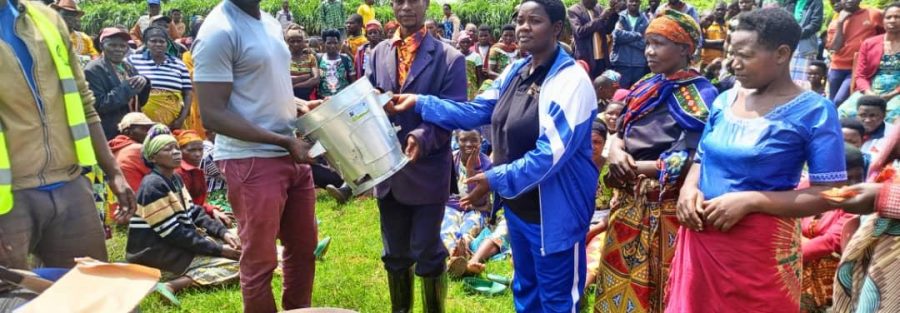What are Eco-Stoves
An “eco-stove” (also “improved cookstove,” “efficient cookstove”) refers to a cooking appliance that uses fuel more efficiently, emits less smoke, and reduces harmful environmental and health impacts compared to traditional cooking methods (like open fires or simple three-stone stoves). Such stoves may be designed to retain more heat, burn fuel more cleanly, or use alternative fuels (pellets, briquettes, etc.).
In Rwanda, eco-stoves typically include:
- Mud or clay lined stoves with improved combustion and insulation.
- Metal stoves burned with biomass pellets or briquettes made from waste or residue.
- Locally designed “tiered” stoves (tiers according to international standards) that aim for higher efficiency and low emissions.
Why Eco-Stoves Matter in Rwanda
Eco-stoves bring benefits in several overlapping domains:
- Environmental Conservation & Climate Change Mitigation
- Reduction in deforestation: Since many households rely on firewood or charcoal, more efficient stoves mean less wood is needed.
- Lower greenhouse gas emissions (less CO₂, less particulate matter). Projects like the myclimate one around Volcanoes National Park show measurable CO₂ savings.
- Health Benefits
- Traditional cooking (open fires, smoky stoves) emits a lot of indoor smoke, which causes respiratory problems, eye irritation, etc. Eco-stoves, by reducing smoke, improve indoor air quality.
- Women and children are especially impacted, because they spend more time near cooking hearths.
- Economic & Time Savings
- Reduced fuel costs: With improved efficiency, households spend less on firewood, charcoal or other biomass fuel.
- Less time spent collecting wood/fuel, which is often a strenuous burden, especially in rural areas. More time available for other productive or leisure activities.
- Gender & Social Impacts
- Because women are often responsible for cooking and collecting fuel, they tend to benefit strongly in terms of reduced time burden and health risks.
- Local production, distribution, and maintenance of eco-stove technologies can generate jobs, especially for women and youth.
- Contribution to National Goals
- Rwanda has set targets for reducing biomass reliance for cooking. Programs like CC-RBF (Clean Cooking Results-Based Financing) support these goals.
- Schools and institutions are being targeted for clean cooking to reduce large-scale fuel use and associated costs.





4 Comments
Riva Collins
It’s no secret that the digital industry is booming. From exciting startups to need ghor
global and brands, companies are reaching out.
Riva Collins
It’s no secret that the digital industry is booming. From exciting startups to need ghor
global and brands, companies are reaching out.
Obila Doe
It’s no secret that the digital industry is booming. From exciting startups to need ghor hmiu
global and brands, companies are reaching out.
Obila Doe
It’s no secret that the digital industry is booming. From exciting startups to need ghor hmiu
global and brands, companies are reaching out.